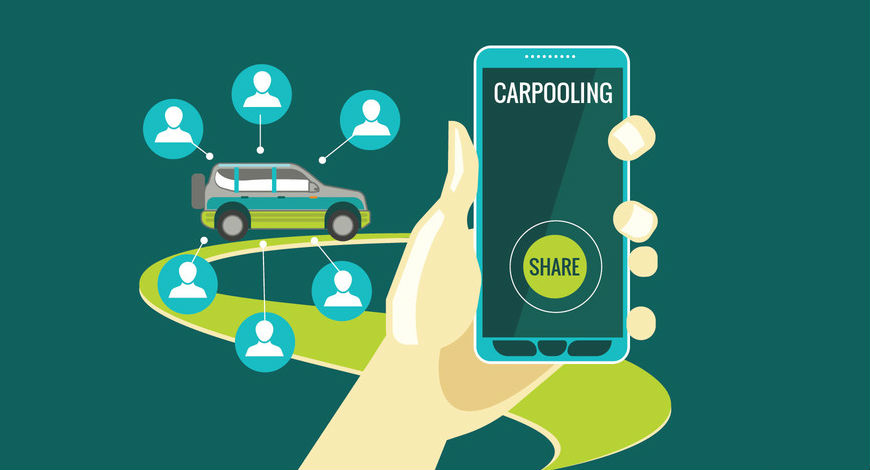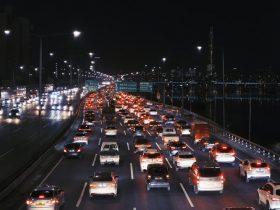Next time you get stuck in a traffic jam, have a look around at your commuters stuck behind the wheel. Chances are, most of them will have something in common: They are suffering alone.
Congestion happens when our roads can’t cope with the volume of cars using them. For decades, our default response has been to invest billions in new lanes and more roads. But witness the gridlock in our major cities. We can’t build roads fast enough, and even if we could, there wouldn’t be enough land to do so.
Getting India moving again will take a concerted effort, by individuals, corporates and the Government. It requires sustained investment in public transit, progressive regulations and a behavioural change in the way people commute. And the starting point for us would be to look at how we use millions of private cars on the road today.
Personal car ownership remains an aspiration for many. But it comes with heavy costs that we all must shoulder: traffic jams that leech India’s productivity and the pollution that increasingly shrouds many of our finest cities.
Cars that cost us lakhs of rupees, sit idle 96 percent of the time. That’s right: cars are used just four percent of the day and they are one of the most expensive possessions a family owns. That’s just the start of the waste. People spend hours each week sitting behind the wheel of a car. And the congestion caused by all that individual car use is costing India billions a year in lost productivity.
As people around the globe celebrate World Environment Day, let’s consider how we can better share those cars. Because by getting more people into fewer cars, or carpooling, we can contribute to a sustainable mobility future.
Of course, carpooling is not a new idea. People in India and elsewhere have for decades been carpooling – whether it is the Jitney or our very own shared rickshaws. But thanks to modern technology, we now have a way to use all cars on the road for public good—and at no extra cost to the taxpayer.
Today, apps like Uber can instantly match passengers headed in the same direction at the same time. We call this service uberPOOL, and it’s a model that’s proven to work in some of the world’s largest cities. Over 20% of commuters globally are today choosing to share their ride.
In India, uberPOOL is currently available in New Delhi, Bangalore, Mumbai, Hyderabad, Chennai, Kolkata and Pune, has helped save 3.45 million litres of fuel, 73.4 million kms travelled, curbing 8.1 million kgs of CO2 emissions in India.
We now have the technology to make our cities more livable and less congested. But reducing our dependence on cars will require a cultural shift as much as a technological one. For decades, cars have been a status symbol. But attitudes are starting to change. Today, we are seeing many families give up on their second cars, and many others using UberPOOL to save costs. Interestingly, we are seeing many women commuters use UberMOTO as their preferred first/ last mile connectivity transportation.
As India considers ways to cut congestion, it should investigate laws that would encourage ride-sharing. We don’t have to wait five or 10 years to create the cities of the future. With progressive regulations and the technology already in our pockets, we can build mobility alternatives for smart cities of today.
So next time you are stuck in traffic at National Highway 8 (NH8) in Delhi, NCR or Outer Ring Road (ORR) in Bangalore, looking at fellow motorists travelling alone, imagine a world of shared mobility. We can start reclaiming our time today with the cars already on the road and technology already in our pockets. We just need to pool together.

Tech-Powered Carpooling Can Contribute to a Sustainable Mobility Future
Posted by
Jimmy_Lecar
8 years Ago
5th June 2017
Shares
Disclaimer: The views expressed in the article above are those of the authors’ and do not necessarily represent or reflect the views of this publishing house
Tags:
Shared Mobility
What’s your reaction?
Shares
Jimmy_Lecar

















